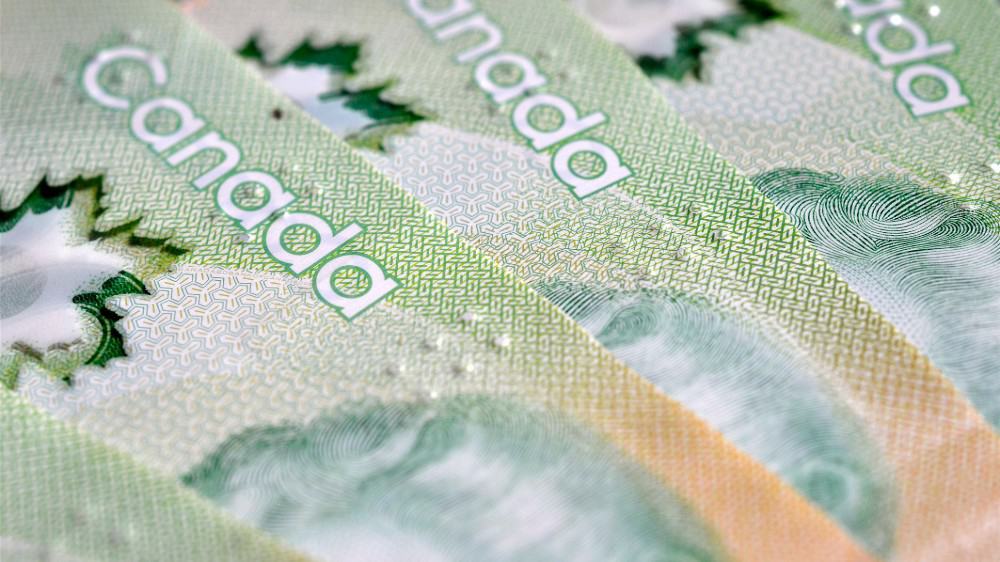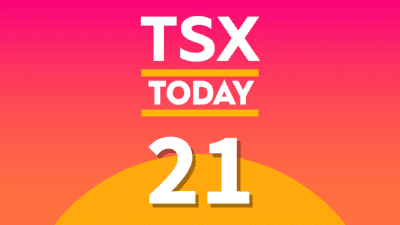If you’re like many Canadians who’ve used their Tax-Free Savings Accounts (TFSAs) as a mere savings account, opting to hold your riskier equity investments in non-registered accounts, your portfolio isn’t as tax-efficient as it could be.
The TFSA ought to be renamed the Tax-Free Investment Account because I imagine many Canadians are hoarding cash for “high” interest rates that barely allow one to keep pace with the rate of inflation.
Although capital losses within TFSAs are indeed unusable in any of your other accounts (lock-in TFSA losses are gone for good), you’re putting yourself at a significant long-term tax disadvantage by choosing to shield the 2% or so you’ll make off TFSA savings accounts.
With your TFSA, you should aim to balance the risk-reward trade-off such that you’ll be able to save a fortune in taxes, especially if you’re a young investor who’s a decade or more away from your expected retirement date.
That means investing in stocks for the long term and taking a pass on overly conservative investments like fixed-income securities or speculative moonshot gambles (like penny stocks).
Don’t use your TFSA to hoard cash and bonds
The 2010s have been a year of cautious optimism. Many young investors I’ve spoken to are still scarred with memories from the 2007-08 Financial Crisis.
Even for those who didn’t lose their shirts during the time, the stories propagated from those who did are enough to scare one to hoard excessive amounts of cash or low-return instruments until the next market meltdown.
As a result, many Canadians have been contributing to their TFSAs but using the proceeds to settle for abysmal returns with “risk-free” assets like bonds, gold, or cash as they wait for the next plunge to get into the equity markets.
As “prudent” as the strategy of waiting for a market crash may seem, it’s still timing the market. And if one implemented the approach in the 2010s, they missed out on a chance to triple their money off the S&P 500 and not have to pay a dime to the CRA.
Instead, those who went all-in on savings chose to shelter less than 1% in annual returns from the CRA — a nearly negligible amount. While the government bonds or GICs will allow one to make pace with or even gain a slight edge over inflation, in terms of real growth (after inflation), it’d be next to nothing, even with taxes taken out of the equation.
As the markets continue rising in spite of any headwinds, it’s in your best interest to get back into stocks to gain better use of the TFSA tax shield you and all other Canadians have been granted.
Don’t use your TFSA to trade speculative securities
While you could make a tonne of profit by trading penny stocks or any other sort of speculative securities, it’s in your best interest to keep such moonshot bets outside your TFSA.
Not only do such securities leave you at high risk of locking in substantial capital losses over a short period (a buck in a TFSA is worth more than a buck held in a non-registered account), but the Canada Revenue Agency (CRA) could hit you with a fat tax bill for going over the “speed limit” with your speculative bets if you’ve been trading in and out of stocks at a rate that would fit the criteria of business trading.
Don’t give the CRA a chance to label you as a TFSA business trader because even if you don’t consider yourself one, you could still fit the criteria of one depending on how lucky you’ve been with your trades.
Nobody wants to risk having to answer to the CRA, so to avoid such a scenario, keep your excessive trading outside of your TFSA to be safe!
As I’ve mentioned, excessive trading in your TFSA is a lose-lose proposition: either you’ll lose your tax-free advantage on the trades that have made you a fortune or you’ll lose precious TFSA dollars that won’t be able to offset your investment losses elsewhere.









